3 years after COVID-19 lockdowns, have we really emerged from those dark days safely?
On Feb. 17, 2020, the USA TODAY Editorial Board met with the director of the National Institute of Allergy and Infectious Diseases. As a published synopsis of the interview said: "With China taking extreme measures to prevent further spread of COVID-19 and previously quarantined American cruise ship passengers returning to the United States, Dr. Anthony Fauci, America’s point man on infectious diseases, spoke with (us) about the latest coronavirus developments."
On March 11, the World Health Organization announced: "In the past two weeks, the number of cases of COVID-19 outside China has increased 13-fold, and the number of affected countries has tripled. There are now more than 118,000 cases in 114 countries, and 4,291 people have lost their lives. ... COVID-19 can be characterized as a pandemic."
That same day, President Donald Trump issued a travel suspension from Europe for 30 days. On March 15, states began implementing shutdowns.
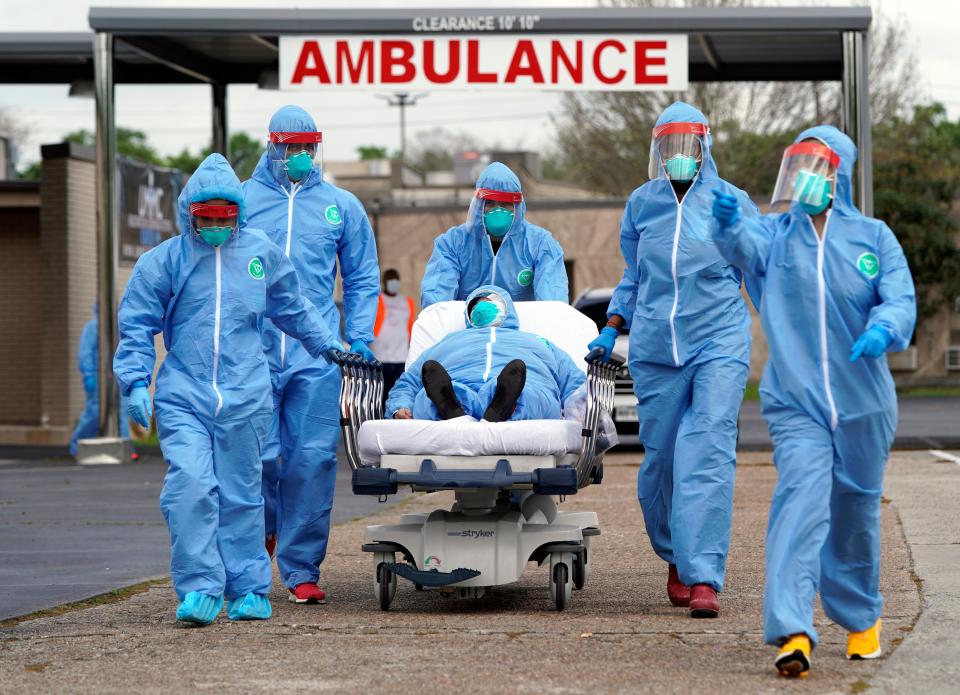
Three years later, with uneven distribution of tests, vaccines and treatments, the world has recorded about 677 million cases of COVID-19 and nearly 7 million deaths, according to Johns Hopkins University.
In the United States, the Centers for Disease Control and Prevention reports nearly 104 million cases and more than 1.1 million deaths.
Opinions in your inbox: Get exclusive access to our columnists and the best of our columns
As the Biden administration winds down the treatment of COVID-19 as an emergency by May 11 and as Americans, more than 70% vaccinated, have mostly gone on as if the pandemic has ended, the USA TODAY Opinion team looks back on the lockdown and how our lives have changed.
Government too slow to give up COVID powers
Days before states around the country started locking down in March 2020, I was in New Orleans celebrating my husband’s birthday. Everything had seemed so normal.
It was jarring to go from that lively experience to our new COVID-19 reality, with businesses and schools shuttered and other gatherings barred.
It was also the first time many of us saw the extraordinary powers the government has to limit our liberties in the name of public health. In the three years since lockdowns began, we’ve also gotten a lesson in how hard it is for governors, health officials and the president to relinquish this control over our lives.
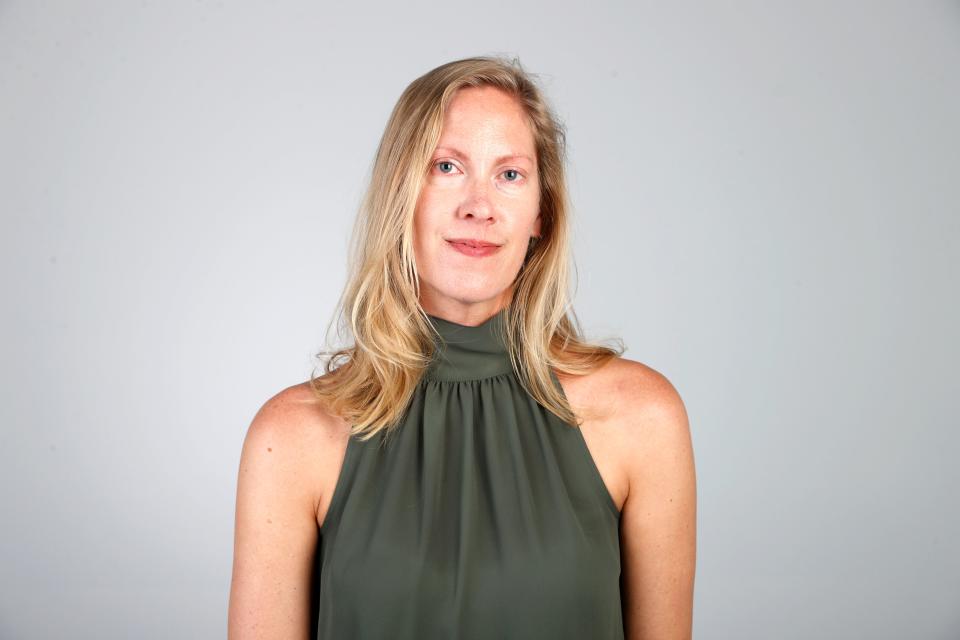
Even after initial lockdown orders were lifted in the United States (some much sooner than others, depending on where you live), a lot of other rules remained, telling us when and where to wear masks or how many people could be in a restaurant at one time. These mandates had devastating effects on states’ economies – and their schoolchildren.
In response, more than half the states since 2020 have passed restrictions on what governors and public health officials can do on their own, without legislative input. That’s a good thing.
So much for 'misinformation': COVID may have leaked out of a Chinese lab, after all
Where's the 'emergency?': The end of COVID 'emergencies' should be death knell of Biden's loan forgiveness plan
President Joe Biden is still holding on to his emergency powers, although he has finally promised to end the national COVID-19 emergency in May. He must be held to that.
Our state and national leaders need the tools to keep us safe in times of true emergency. As we’ve learned since 2020, however, those powers must be targeted and temporary.
Don't hug me, but I'm finally taking my mom back to her birthplace
I was supposed to visit my native Vietnam in March 2020. But that February, airlines canceled flights because of the new coronavirus. I thought it must be a joke and felt annoyed.
Soon enough, annoyance turned to fear as our family locked down to protect my mother, who lives nearby in an apartment complex for older adults. We also locked down to protect my parents-in-law, who live with us – no more grocery shopping for them; the grandkids did it when they weren't in virtual school.
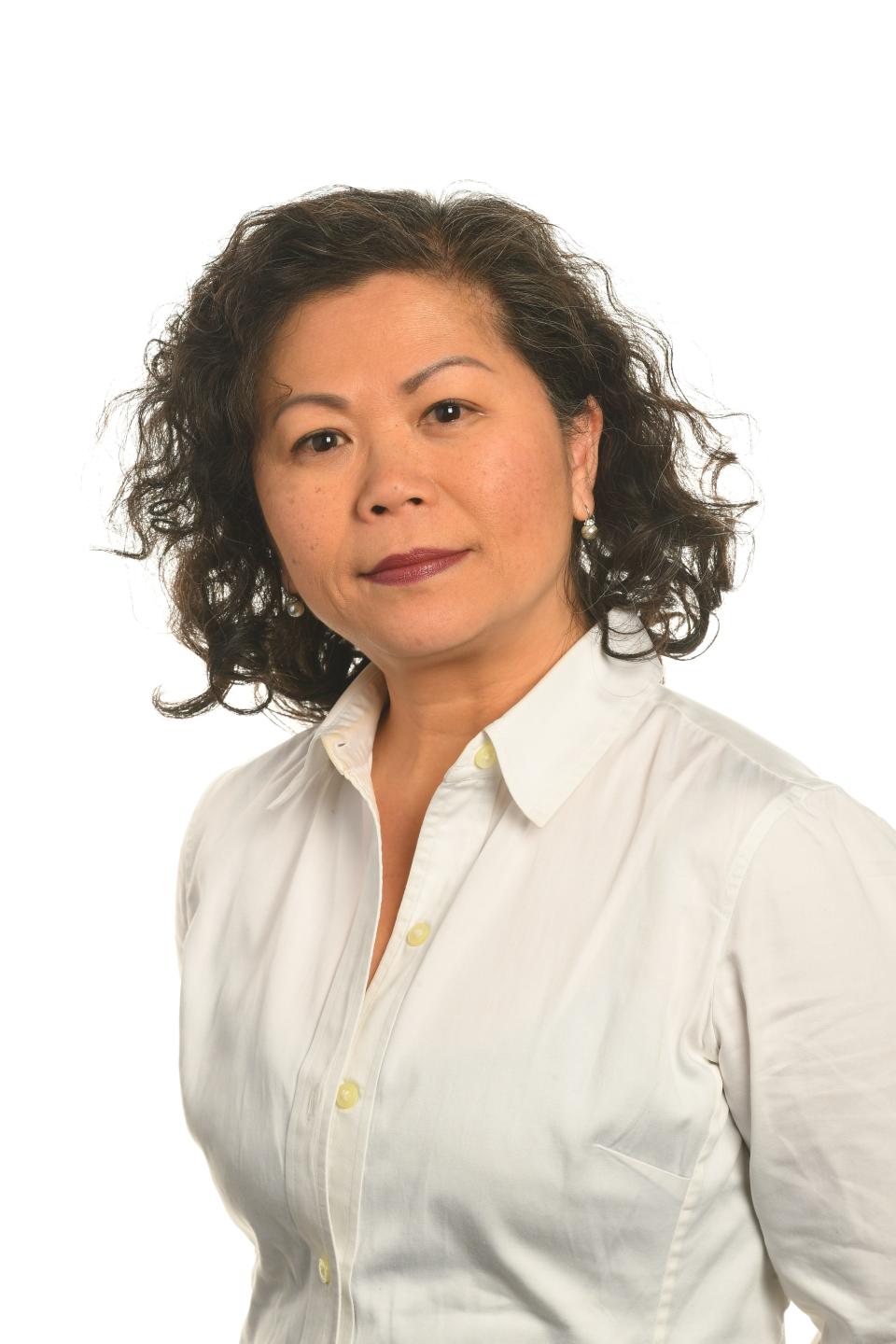
This May, my husband and I will take our four kids and my mother to visit Vietnam. This could be the last chance for my mom, 82, to see her birthplace, Hanoi. So we're excited to go.
It won't be our first trip since 2020. We've driven up and down the East Coast and flown to Arizona to visit family and to Iceland. Vaccines have allowed all this – and allowed us to forget what a nightmare 2020 was.
Our new normal: We're still living with 9/11, just like we're learning to live with COVID-19
I had to reread my journal to remind myself how the beginning of lockdown felt like "The Twilight Zone":
1:20 a.m. Monday March 16 – While I was watching the premiere of Season 3 of "Westworld," social media started rumbling of a possible national shutdown of two weeks. Announcement possible in the next 48 hours. Infectious disease guru Anthony Fauci, who just last month told our Editorial Board that no way a quarantine of 50 million people would happen here, now says he wouldn't rule out supporting a 14-day national shutdown. I guess the CDC failure in rolling out coronavirus tests in a speedy manner scared him. America had our first case reported Jan. 20. Two months later, it's still very hard for people to get tested. (My husband) Bob did his own experiment by calling our doctor's office and the health department. Each blamed the other and said you can't get tested unless you've been to China, Iran, South Korea or Italy. States are ramping up drive-through testing stations, but it's at the beginning stage. South Korea is testing 10,000 people a day. "
One bad thing about COVID-19 vaccines, though, they have encouraged people to shake hands and hug again. I wasn't a fan of either before 2020. I admit that vaccinations made me so grateful, after we got both initial shots, I went a bit crazy and hugged family, friends and even acquaintances. But now, how about we back off, folks? What's with most NBA players hugging the opposing team after each game? Not even most Oscar presenters and winners did that Sunday night.
COVID pandemic revealed the selfish among us
When the COVID-19 lockdowns began, there were lovely signs of American unity: kid-drawn thank-you notes to postal workers and delivery people taped in windows; New York City residents cheering doctors and nurses from apartment balconies when the front-line health care workers walked out at shift changes; neighbors checking on neighbors and finding ways to connect from a distance.
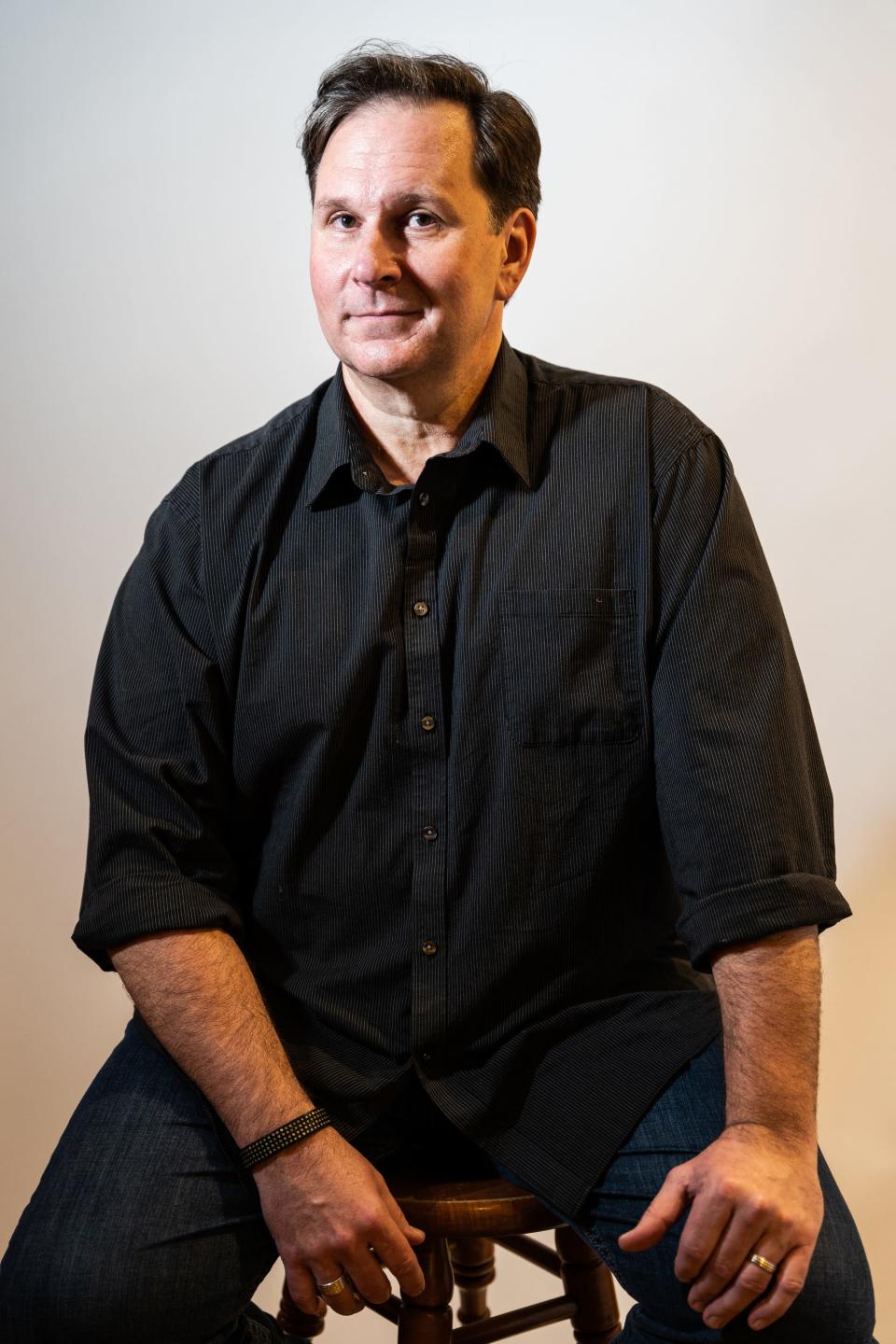
But as we learned to navigate the virus, first with masks and social distancing and then with vaccines, the coming together became a splitting apart.
Being told to wear a mask was bridge too far for some. Medical experts were supplanted by quacks and social-media hucksters, eroding logic and common sense. The pandemic became political, and even the miraculous vaccines, developed with astonishing speed, got spun into the slurry of “us” vs. “them.”
We owe the 1 million dead an answer: Did we really do all we could to help?
Are Americans wearing masks?: The USA TODAY Opinion team talks about it
Like many in this country, my family and I wore masks. We got vaccinated. We followed the recommendations agreed upon by the broader medical community.
My baseline thought was this: Who am I to say what’s best to do when faced with a deadly virus? I’m a journalist, not an epidemiologist.
Opinion alerts: Get columns from your favorite columnists + expert analysis on top issues, delivered straight to your device through the USA TODAY app. Don't have the app? Download it for free from your app store.
But far too many Americans decided they knew best when it came to pandemic protocols. They guffawed at experts, mocked people following the rules as sheep and tore up the social contract a society relies on in times of trouble. A lot of those same people wound up dead.
I don’t consider myself or my family special for having done what we were supposed to do. I don’t feel self-righteous about any of this.
I feel dejected. I believed this country would respond the way it did in those early days of the pandemic. I believed we would stick together and not let selfishness and willful ignorance tear us apart.
I was tragically wrong.
The longest, weirdest spring break ever
After finishing my last class of the day at the University of Texas in Austin, I was barraged with dozens of notifications on my phone. Classes were canceled for the rest of the week. I called my mother, and she told me she booked a bus ride for me to go home, back to Houston, that night.
Spring break started early. Like most students, I was excited to have a longer break from school. Although I was a bit nervous because we were unsure of how deadly or contagious COVID-19 was at the time. I thought that the coronavirus would be a minor, temporary part of our lives, and that things would go back to normal in a week or two. Instead, the whole world flipped upside down.
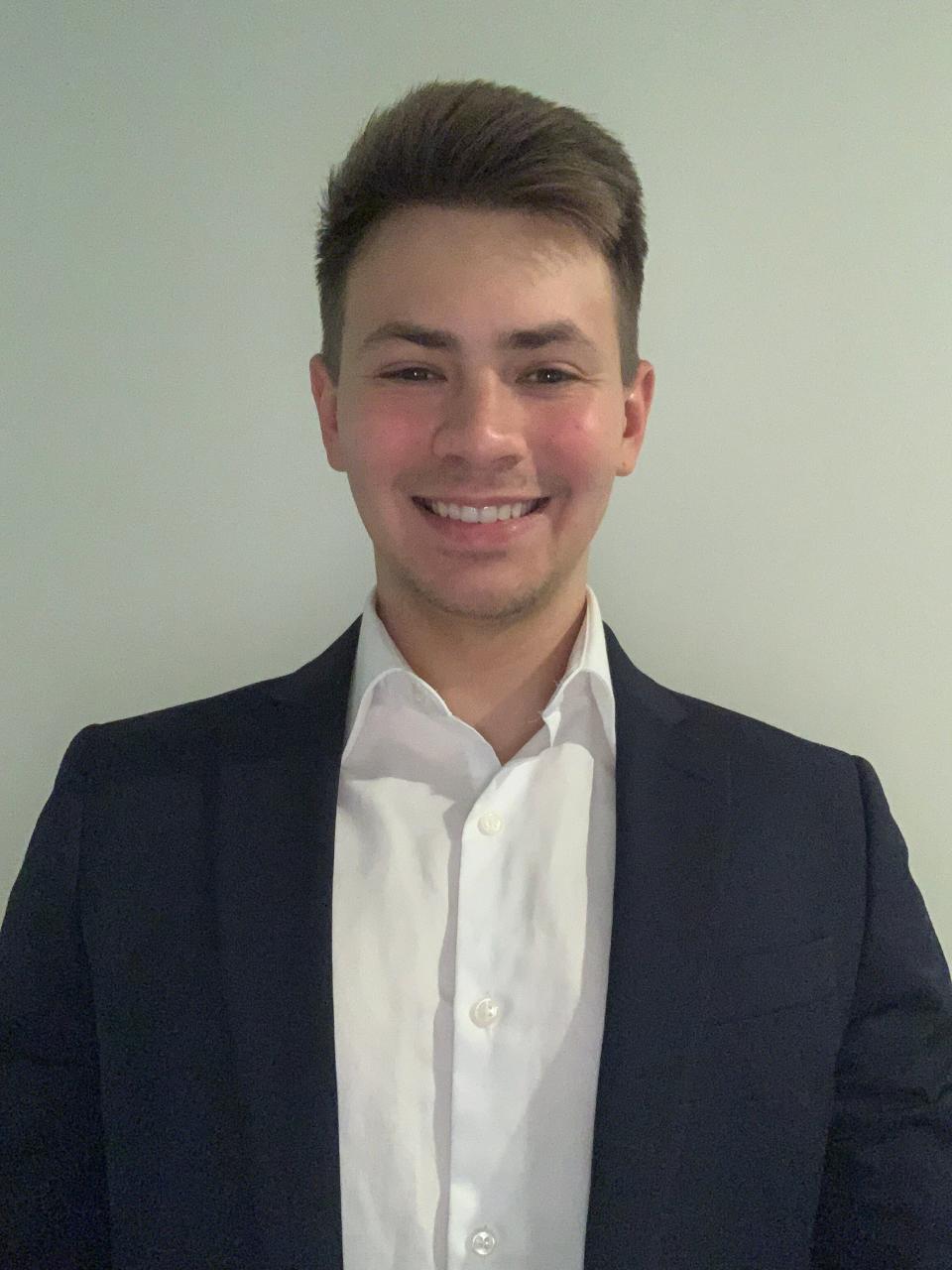
Everything and everyone went crazy: from summer riots, conspiracy theories, anti-vax fear, the president speculating about ingesting bleach, election fraud claims to rioting at the U.S. Capitol. I kept thinking to myself – what kind of parallel universe did I travel to on my bus ride from Austin to Houston? Reality was just too weird.
Inside CPAC: Lies and conspiracy theories. Is this what conservatism is all about?
I'm a disaffected conservative: But I recently found a reason to hope
Once school administrators announced that learning would be remote for the rest of the semester, I was despondent. I felt like I was never going to see my friends again. My home began to feel like a prison, which I could only break free of when I went for a run around the neighborhood. And learning at home was not easy for me, either. Distractions were everywhere. I felt like I was losing my mind.
Thanks to the CDC’s guidelines, and eventually the miraculous vaccine rollout, my school opened in the fall of 2020. Although things are still weird and COVID-19 is still infecting too many people, I am happy that spring break 2020 finally ended.
More on COVID-19:
I thought the COVID-19 pandemic was over – until I infected my family.
Public health emergency may end, but need remains for lifesaving treatments.
Pandemic won't end until rich countries stop hoarding vaccines.
Q&As: Health professionals on coronavirus developments from February 2020 to February 2022
You can read diverse opinions from our Board of Contributors and other writers on the Opinion front page, on Twitter @usatodayopinion and in our daily Opinion newsletter. To respond to a column, submit a comment to letters@usatoday.com.
This article originally appeared on USA TODAY: COVID 3 years later: How the pandemic turned the world upside down
